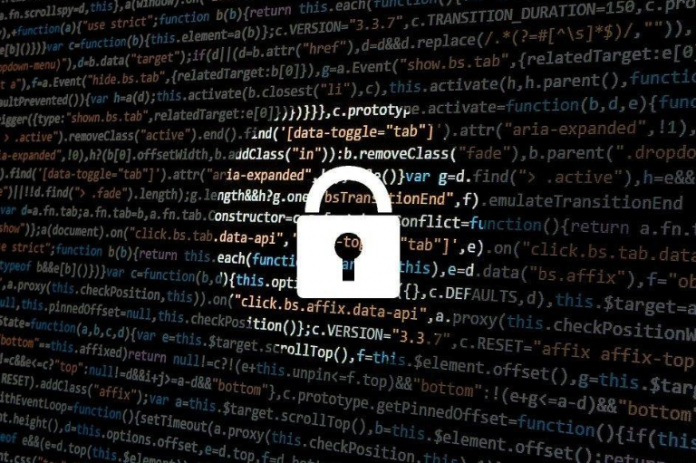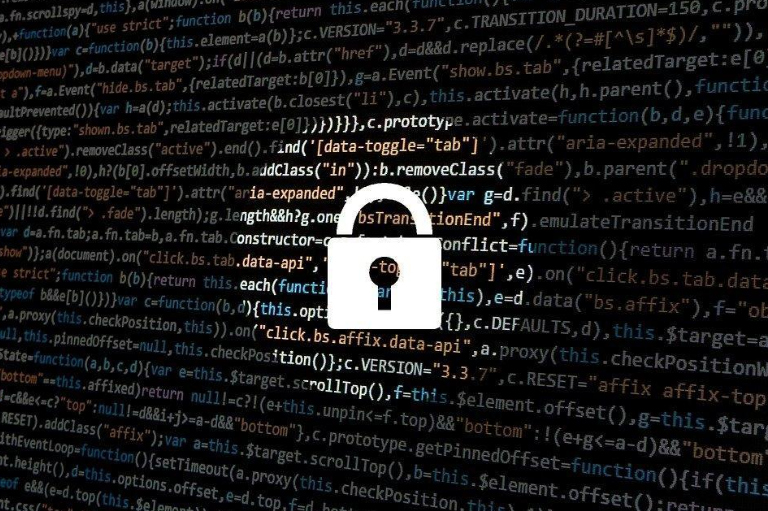To have the home safe, people close the doors whenever they wish. They would use a bicycle lock to protect the bike safe from theft. If people wish to keep their belongings protected, they keep them in the locker. But how can a person hide their identity safely?
Platforms are used by most of us for internet networking, internet sessions, remote working, and numerous other activities. However, frequent use may not imply thorough comprehension.
The Implications for Online Security Guidelines
Being secure online can make you safer from potentially dangerous data, resources, or threats that could infect your gadgets and private data. It’s a great thought to teach online privacy to your children is better, so people don’t suffer due to the popular web risks.
The good news is that there are several methods for staying safe online while using the internet. We’ve developed a collection of useful techniques to aid people.
- Make Personal Data Secure and Official
Prospective employers and consumers do not need to know about your marital status or where you live. They do demand contact information and data for experience and professional background. Why would you give personal data exposure to thousands of individuals over the net? If you wouldn’t give it out to strangers, face to face?
- Check That Your Security Settings are Enabled
Advertisers and attackers are both interested in knowing everything and make fake IP chrome. You may know a great deal can be deduced from how you use social media and the internet. The data, on the other hand, is controlled by you. Options for preserving online privacy are available in both internet browsers and devices. Major social networking sites, such as Facebook, also have privacy-enhancing tools. Advertisers want your information to maximize their advertising value. As a result, certain options can be (intentionally) difficult to find. Ascertain that certain privacy features are turned on and that they remain on.
- When Browsing, Be Cautious
You wouldn’t enter a dangerous region without asking yourself, “Is it safe to use?” As a result, avoid going online and visiting dangerous locations. Hackers use obscene information as a lure. They recognize that consumers are periodically drawn towards suspicious activity and relax their security when looking for it. The nets’ demimonde is full of hidden dangers, where a single careless click may divulge private data or bring viruses. If you fight the urge, you give cybercriminals no opportunity.
- Verify Web Connection is Safe
. Suppose you’re using the internet in a crowded location, including when folks link to a community Wi-Fi network. In that case, you do not have absolute authority over the internet safety rules of the information you transmit digitally. End devices, or the positions where a network connection is connected to the larger world, are an area of tension for the security experts working for corporations. One susceptible end state is your specific Web service. Verify if the device you’re using has any protection. Pause until a more suitable time (i.e., once you have authority to a protected Wi-Fi linkage) before entering critical info such as the associated data with your savings account if you are uncertain of the situation.
Utilize a personal VPN plugin, also known as a virtual private network, and have a protected Chrome VPN browser extension to hide your domain name and defend any confidential material you may have while you browse. This will help you to browse the web more securely.
A virtual private network, or VPN extension, is software that establishes an encryption method between your mobile device and a remote server on the web. This works correctly so that no one else can view or collect the information you make and receive.
- Be Careful When You Download Things
Scam artists want to deceive you into downloading malware, which refers to a program intended to cause damage to your computer or steal information from it. This Malwarebytes may masquerade as an app, such as a well-known match, traffic or climate apps, or similar programs. Avoid downloading and installing apps that give off an odd vibe or originate from a web page with which you aren’t familiar.
- Make Sure Your Passcodes Seem to be Safe to Use
There is currently no way of protecting login details, even though they are some of the most vulnerable components of the Online security structure. The issue with logins is that individuals tend to select ones that are simple to remember (such as “passcode”), but these passcodes are also simple for criminals to deduce. Pick passcodes that are difficult to figure out for potential hackers. Using apps that manage passcodes can keep a record of multiple passcodes and prevent you from overlooking each other. A secure passcode has at least 15 characters, comprised of alphabets, digits, and special characters, and is both one of a kind and extremely difficult to figure out.
What steps Can You Take To Protect Your Children While using the web?
You must instruct your kids on protecting themselves when using the internet. Your internet network’s strength is directly proportional to the quality of its least effective link.
- Explaining the concept of an internet presence to your child. Look up facts about yourself or a favorite performer with your child and talk about what you find. Discuss what others might learn about you due to these findings and how, whether we realize it or not, we all leave an internet trail.
- Establish home norms for sharing content. Define what information should and should not be shared with the entire family. Private information such as your home address and phone number should be high on your priority list.
- Assist your child in spotting fraud. Teach your child how to spot and avoid emails, links, or communications from strangers asking for bank information or containing an unusual file.
- Teach your youngster how to create and use secure passwords. You can teach your child that a good password should contain various characters and should not be shared with others.
- Encourage more internet activity. Explain to your child the importance of online etiquette and treating others the way you want to be treated in the same way, as it is in the real world.




